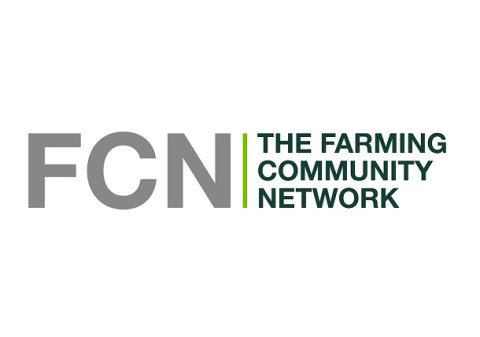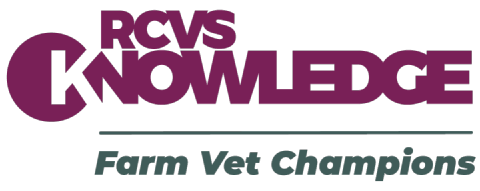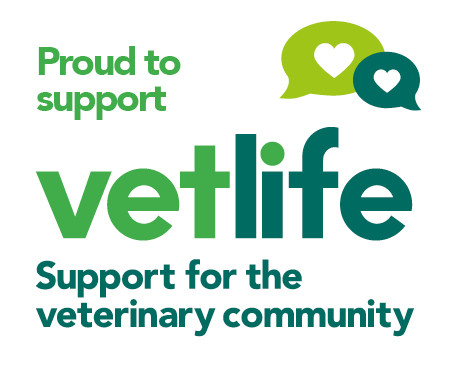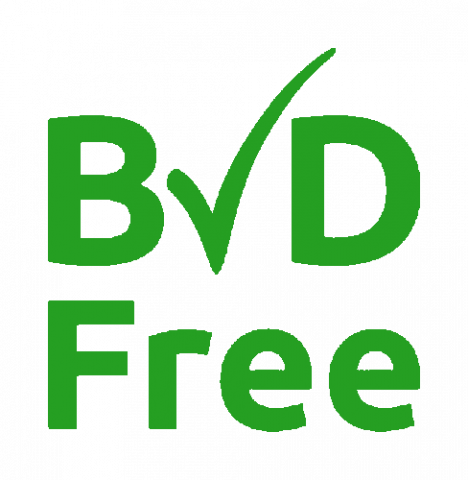Parasite control in food producing animals is fraught with challenges and endoparasiticide resistance is a serious threat that left unchecked could cause irrevocable damage to the future health and profitability of the sector. To help meet these challenges the British Cattle Veterinary Association (BCVA) has developed a policy as a basis on which farm vets can build the future of parasite control in livestock and to support the long-term health and sustainability of cattle in the UK.
In recent years there has been a developing focus on the use of antiparasitic and anti-coccidial veterinary medicinal products for food-producing animals. Farm vets are increasingly aware of the changes in resistance in these products, with the inevitable potential for compromised farm animal welfare, along with possible impacts to the environment and biodiversity.
This new parasiticide policy from BCVA has been produced to sit alongside its new sustainability statement and existing TB policy, with a focus on the role of the private farm vet as well as related the farmer and related industries. BCVA makes commitments to continue to develop practical tools and educational resources for cattle vets and this new document outlines five key policy areas:
- Policy 1: Parasiticide (Anthelmintic) resistance (AR) in cattle and sheep: The prevalence of resistance has increased across the globe, and multiple resistance is becoming a greater threat. To protect their long-term efficacy, it is vital to ensure that evidence has indicated their requirement; and then that the correct products are accurately administered.
- Policy 2: Sustainability and soil health: There is an increasing global challenge to feed a growing human population while preserving the environment. Farm vets are a critical part of any One Health solution. For this reason, it is in our profession’s interest to increase our knowledge about and contribution to maintaining soil health and insect biodiversity.
- Policy no. 3: Safety & efficacy of parasiticides/anthelmintics and public perception: There should be no opportunity for unnecessary parasiticide anthelmintic residues to be discovered in products on our supermarket shelves. Nor should there be any chance of animals suffering due to parasiticide/ anthelmintics being incorrectly or mistakenly used.
- Policy no. 4: Education and development of a new ethos: BCVA understands that farm vets are best placed to take ownership of addressing correct parasite control. Importantly, the farmer should be fully equipped with the knowledge of the potential effects of mis-managing this situation.
- Policy 5: Method of supply of parasiticides: The current system can rely on bulk sales of these medicines rather than bespoke advice to target use with appropriate testing and management strategies. BCVA proposes investment in training and CPD for vets, enabling them to confidently advise their clients and with improved communication between vets and RAMAs to ensure that the reinforcement of the message.
Sally Wilson has been leading the development of the policy, alongside BCVA Board, she says, “We know that we need to encourage a shift from routine treatments to a diagnostic-led approach. BCVA is committed to contributing towards this shift. Our profession needs to be able to clearly demonstrate how clinicians balance the goal of preserving the effectiveness of parasiticides/anthelmintics with their health and welfare obligations to the animals under their care.”
BCVA President, Dr Elizabeth Berry says, “Training by the veterinary profession on medicine use with their clients has achieved considerable success recently, in both reducing and appropriate use of antimicrobials -around with initiatives like Farm Vet Champions taking this forward. Developing and extending this relationship with farm clients can lead to a similar focus on the use of parasiticides and we all need to be part of a change in attitude in use of parasiticides and consider animal health and our environment. We can be part of the solution.
“Knowledge, understanding and an ongoing dedication to meeting the challenges of resistance and sustainability will rely on accessible, relevant, and engaging CPD. BCVA’s commitment to the challenge – supporting the profession and enabling those involved in farming to start/generate conversations that lead to long-term, effective solutions”
On the relationship with clients and colleagues in agriculture, Sally Wilson says, “We need to start with our anthelmintic champions in practice and then develop that dialogue with Registered Animal Medicines Advisors (RAMAs) to ensure that products that are dispensed to farmers are communicated back to their primary practice. We need to make sure the vets and those we work alongside are reinforcing the same message to the agricultural community.”
Sally Wilson goes on to assert that, “Disease control and health management are key elements of the private vet’s role and yet until now we haven’t seen parasite control receive the same level of focus as other health challenges, such as mastitis, BVD, Johne’s, or lameness. BCVA believes it is time we give it the kind of attention it needs and that we truly engage with the challenge of anthelmintic resistance in the same way we have with antimicrobial resistance. The veterinary profession has a key role to play in reaching the same level of success with antiparasitic and anti-coccidial veterinary medicinal products.”






